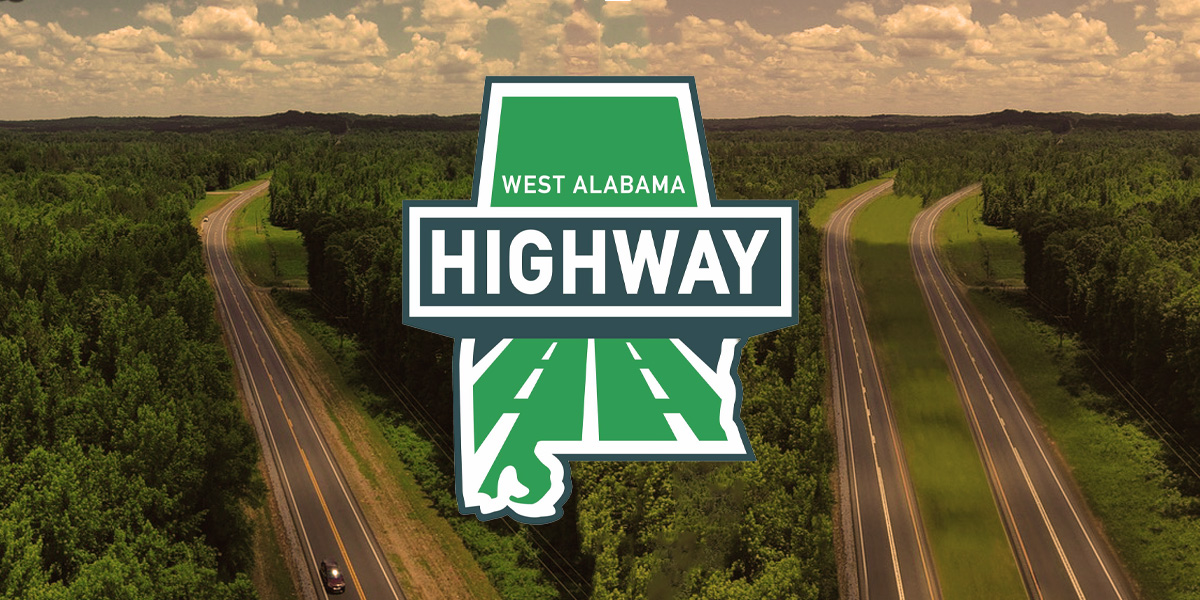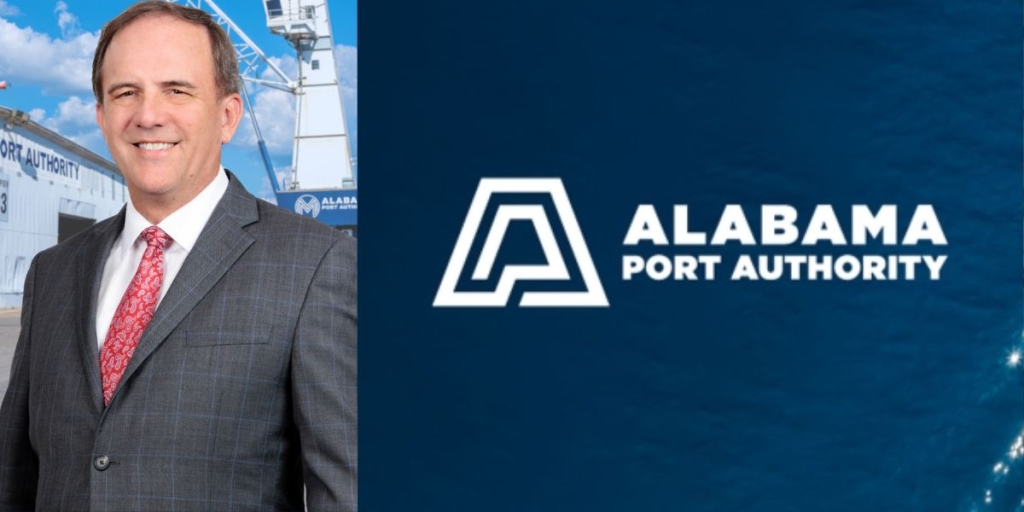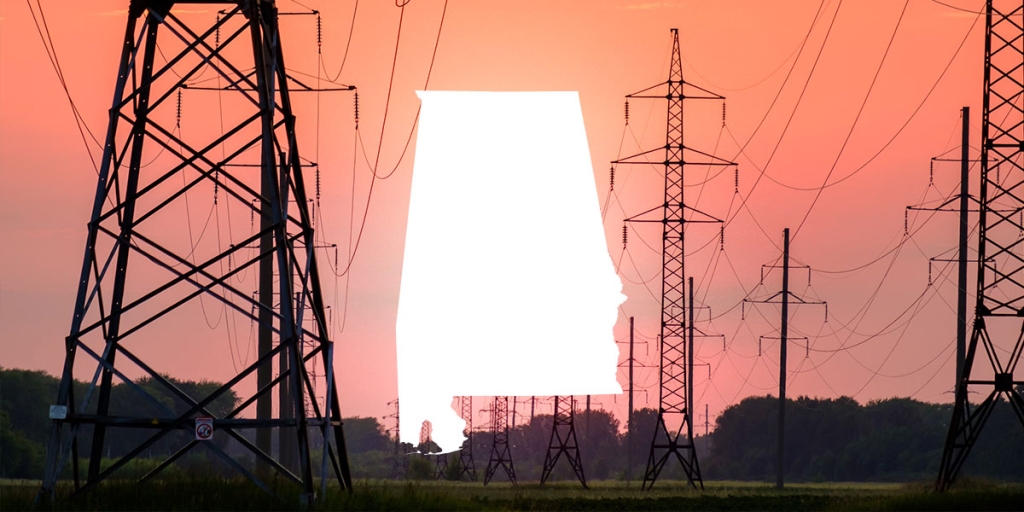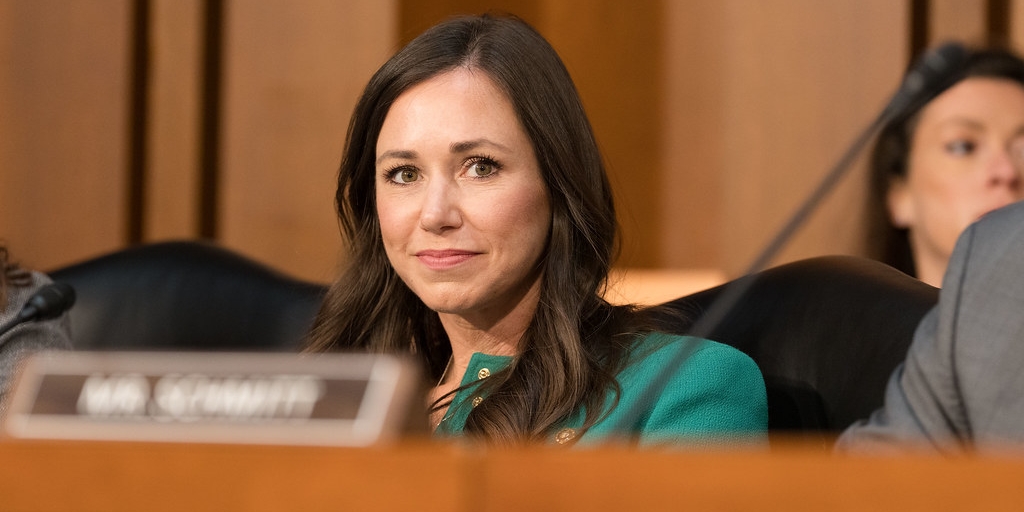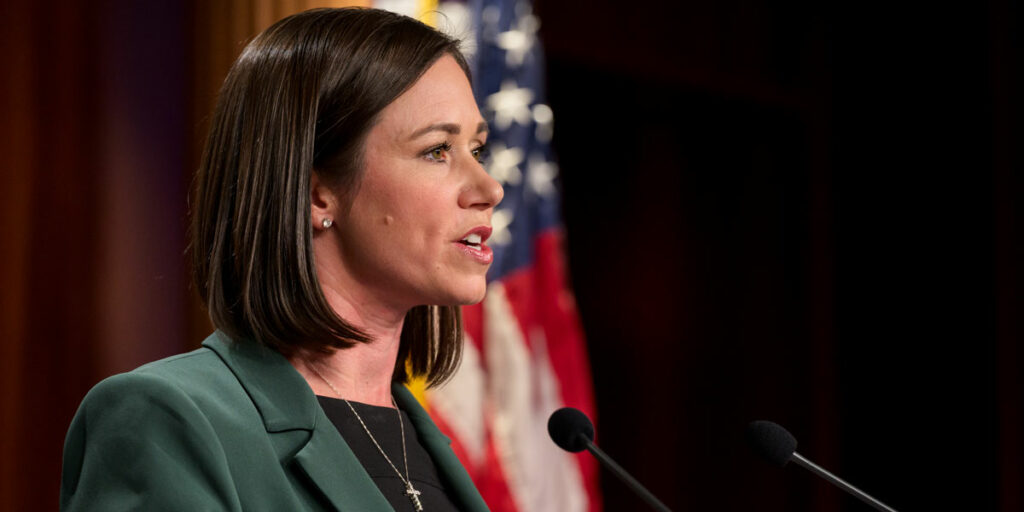Every mayor, county commissioner and economic developer knows that communities can’t recruit new or expanding industries without solid transportation infrastructure. This is true for both international mega-projects as well as local small businesses. Goods need to move efficiently and workers and customers need reliable access.
In short, highways, roads and bridges form the backbone of economic development. Especially for rural communities, access to transportation routes can mean the difference between growth and decline.
That’s one reason the construction of the West Alabama Highway is so important to the future of the Black Belt. For decades, rural communities in this section of the state have lacked the highway infrastructure necessary to attract industries and new jobs. Completing the West Alabama Highway is key to changing that.
It won’t guarantee wins, but the West Alabama Highway will at least keep us in the game. So much of this area is not even in the running for economic projects because many companies won’t even consider locating in an area without a four-lane highway or easy access to one.
The idea of the West Alabama Highway has been touted by a long line of public officials going back to the days of “Big Jim” Folsom. Fortunately, Alabama today has strong leaders pushing it forward because they understand the West Alabama Highway can transform our region and our state for the better.
U.S. Senator Katie Britt has highlighted how infrastructure supports rural economic development, especially in transporting goods from farm to market and attracting industry. In discussing the West Alabama Highway and transportation priorities, she wisely explained: “You can’t forget about our rural communities.” Senator Britt is absolutely right.
So is State Senator Gerald Allen, the Chairman of the Senate Transportation and Energy Committee. He said the West Alabama Highway “creates opportunities for rural Alabama for new jobs and new industry to come.”
Thomasville Mayor Sheldon Day has long championed this project. “The West Alabama Highway will improve the lives of rural Alabamians,” he said. “We will never lift up this state if we leave rural Alabama behind, and you can’t lift up rural Alabama without good infrastructure.”
Mayor Sandy Stimpson of Mobile has emphasized the project’s importance to his city and the Port of Mobile, the ninth largest port in the U.S.
“If you take a container and put it on a truck and come out of the port, it has one option of going north and that’s I-65,” Mayor Stimpson said. With the West Alabama Highway, he notes the benefit of “two routes coming out of Mobile to go north and connect to Tuscaloosa and I-22 and onto Florence.”
John Driscoll, Director and CEO of the Alabama Port Authority, agrees. The West Alabama Highway is not only “going to open up the floodgates for additional economic impact and investment into that area,” he said, it will also take “some of the pressure that we currently have on the interstate system – the 65 corridor.” That means more efficient transportation options for individuals and businesses.
State Representative Chris England called the West Alabama Highway an invitation to growth. “When the governor of the state of Alabama says we’re going to invest millions of dollars in an area of the state that has been historically neglected and denied this sort of opportunity, it’s a signal to other people that is it OK to invest in West Alabama as well,” he said.
Another strong advocate is Kyle South, President and CEO of the Chamber of Commerce of West Alabama: “We want the West Alabama Highway project to move forward without further delay.”
Thankfully, this project is moving forward. Since Governor Kay Ivey broke ground in 2019, there’s been steady progress. The Alabama Department of Transportation reports the first phase of the West Alabama Highway – nearly eight miles of a four-lane, divided highway near Linden – will be complete in fall 2025.
There’s obviously more work to do, but Alabamians can be encouraged the steadfast support of federal, state and local leaders is driving construction forward. When the first phase of the highway is complete about a year from now, West Alabama will be one giant step closer to more opportunities and a brighter economic future.
Ellen McNair was appointed as Secretary of the Alabama Department of Commerce on January 1, 2024 by Governor Kay Ivey. Prior to joining the Department of Commerce, McNair served as the chief economic development officer for the Montgomery Area Chamber of Commerce.




